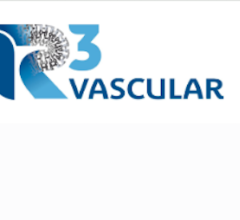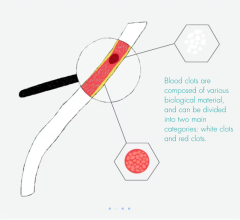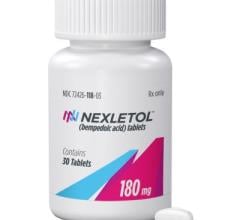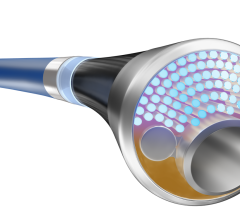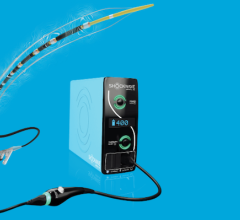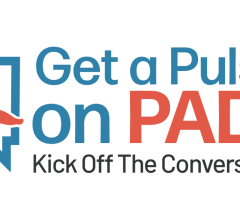January 23, 2014 – Six-month results of the ESPRIT trial suggest a bioresorbable drug-eluting scaffold is effective in opening blocked blood vessels in the legs and pelvis, as presented at the 26th annual International Symposium on Endovascular Therapy (ISET).
The bioresorbable vascular scaffold (BVS) looks and works like a stent to open blocked arteries in the legs or pelvis, and the drug coating prevents restenosis. The BVS is called a scaffold rather than a stent because it is a temporary structure that naturally dissolves into the blood stream within 18 months to two years.
“We’re seeing zero restenosis in the first patients to receive the BVS in the peripheral arteries, the vast majority of whom suffered moderate to severe pain while walking prior to treatment and had very little to no pain after treatment,” said Johannes Lammer, M.D., professor of radiology and director of the Division of Cardiovascular and Interventional Radiology at the Medical University of Vienna, Austria. “The BVS…opens arteries and prevents restenosis, then resorbs into the blood stream so there are no stent breaks, no prolonged irritation or delayed in-stent restenosis and no interference with magnetic resonance imaging or surgery.”
In the
study of the Esprit BVS, 35 patients were treated for blockages averaging about 3.5 cm. Four patients had blockages in the pelvic iliac arteries and 31 in the superficial femoral artery. Six months after treatment, all of the arteries in the 34 patients who were followed remained open, with the narrowing reduced from an average of 80 percent prior to treatment to 13 percent after treatment.
Prior to treatment, 32 patients (91 percent) had moderate to severe pain while walking, and no patients were pain-free. Six months after treatment, 29 patients (85 percent) had no pain while walking, and only one (3 percent) had moderate pain.
The BVS is made of polylactide, which naturally resorbs in the blood stream and has been shown to be safe in other medical uses, such as for dissolving stitches. A version of the device has been used to treat blocked heart arteries.
For more information: www.iset.ge



 September 12, 2025
September 12, 2025 


